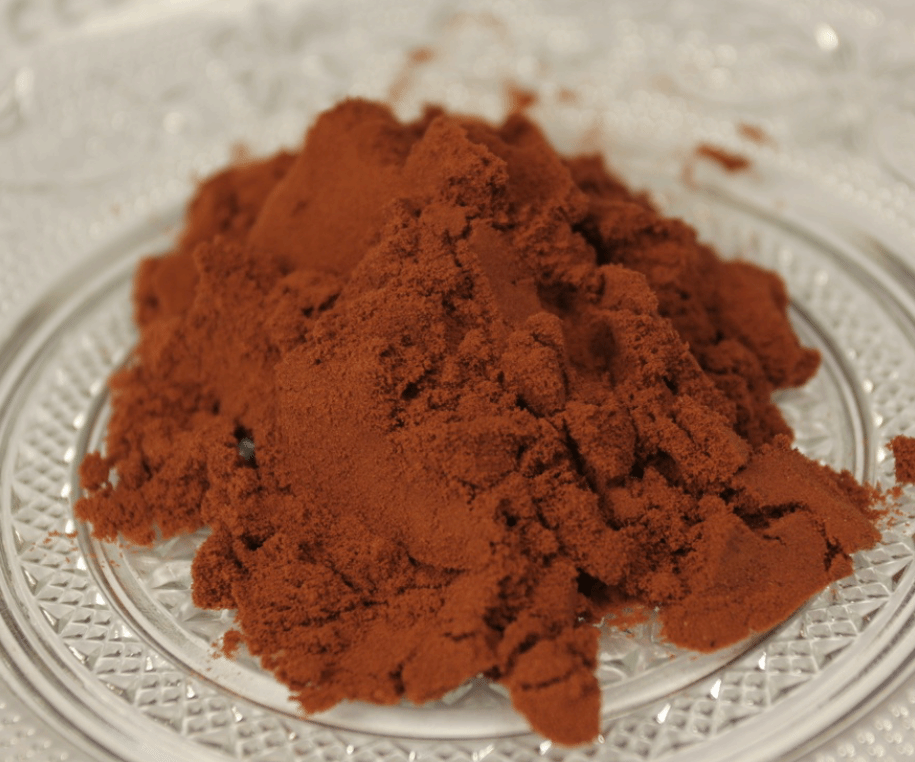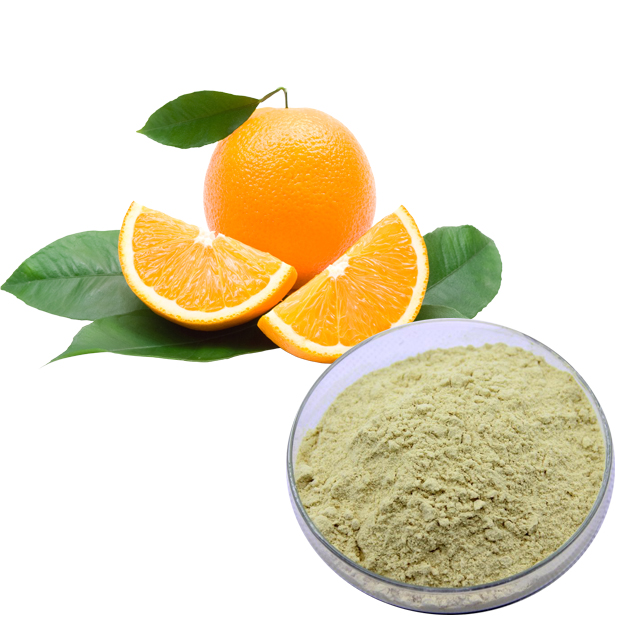Whey Protein: A Comprehensive Guide
Introduction
Whey protein is one of the most commonly used nutritional supplements for promoting muscle repair and growth. It is a complete protein, containing all nine essential amino acids. Scientific studies have shown that whey protein has strong amino acid properties, making it easily and quickly digestible and absorbable by the human body. The advantages of whey protein over other forms of protein are significant, and its potential side effects are minimal.

What is Whey Protein?
Whey protein is a major component of milk, derived from the liquid separated from curds during cheese production. This natural by-product of cheese-making constitutes about 20% of the protein in milk. As a result, whey protein contains very low lactose levels, making it easily digestible and suitable even for people with high lactose intolerance.
Importance of Protein
The human body requires protein to perform various daily functions such as immune responses, transportation, signaling, and cell structure. Protein is also crucial for muscle maintenance and growth. Whey protein is rich in leucine, making it ideal for individuals aiming to build lean body mass and reduce body fat. Since exercise leads to both protein breakdown and synthesis, sufficient protein intake is necessary to ensure a positive protein balance for muscle synthesis post-exercise.
Benefits of Whey Protein Powder
The most apparent benefit of whey protein powder is its convenience and speed as a supplement, quickly replenishing depleted protein stores. It is easy to transport and use, requiring no refrigeration. Simply mix it with water for a quick protein boost. Additionally, whey protein powder can be added to smoothies, yogurt, oatmeal, or other beverages, and incorporated into baked goods and other recipes to increase protein intake subtly.
Recommended Protein Intake
For healthy adults, the daily protein intake recommendation is 0.8 grams per kilogram of body weight. For instance, an 80 kg individual would require 0.8g x 80kg = 64g of protein per day. When the goal is significant muscle gain, protein intake should be in the range of 1.4 to 2.0 grams per kilogram of body weight.
Considerations and Safety
These calculations do not account for specific medical conditions or varying activity levels. Healthy individuals with normal kidney function can tolerate daily whey protein supplementation without any known side effects. Although there is some debate regarding the potential negative impacts of protein supplements, no conclusive evidence has been found.

Conclusion
Whey protein stands out as an effective, convenient, and safe supplement for those looking to enhance muscle repair, growth, and overall protein intake. Its ease of use and adaptability in various dietary applications make it a valuable addition to the diet of anyone aiming to improve their fitness and health.
Contact:James Yang
Tel/WhatsApp: +8619992603115
WeChat:19992603115
Email: sales@xabcbiotech.com











